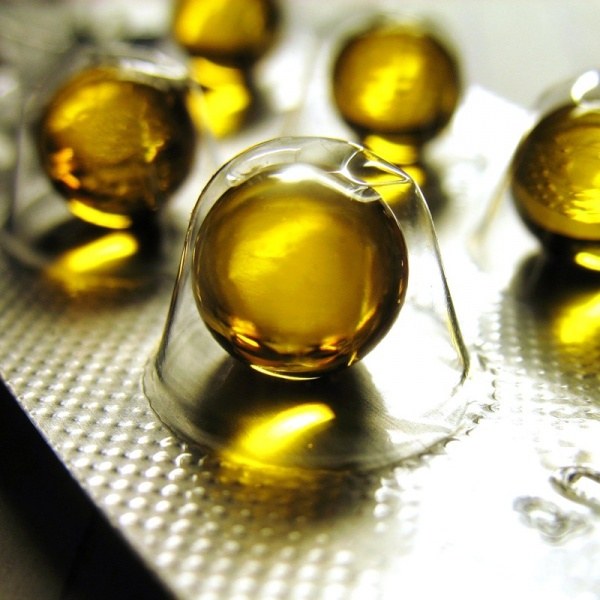Instruction
1
Vitamin a, or retinol, has an antioxidant effect. He destroys dangerous oxygen molecules that are formed as a result of skin exposure to sunlight, environment and other adverse effects. Retinol helps the skin to fight free radicals. After all, their exposure, the tissue loses its elasticity, wrinkles appear, skin loses its firmness and smooth.
2
Due to its properties of vitamin a is widespread in the cosmetic industry. It is added to anti-aging cosmetics, which is sometimes a lot of money. When using such tools enhances the production of collagen, wrinkles, skin takes on a radiant appearance.
3
Cream with vitamin a is best applied at night, then the effect of it is enhanced. And direct contact with the retinol and sunlight threat. Optimal use cosmetics with vitamin a in the cold season, when the sun's rays are not as intense. Don't overuse these creams, the course of 40-60 days will be enough to refresh the skin. And it is worth remembering that it's all the same anti-aging, so use it only after 35 years.
4
If it is not possible to buy an expensive tool with vitamin a, you can resort to some tricks. To improve the blood circulation of skin and nourish the skin once a week to prevent a carrot face mask. As we know, carrot is a wonderful source of vitamin A. For the mask you need to grate carrots, squeeze the juice and mix it with gerkulesovy cereal. To this mixture is added grated carrot, 1 yolk and a few drops of olive oil. The mask should be applied on cleansed face, keep 20 minutes, rinse it all with warm water.
5
The pharmacy can buy capsules with vitamins A and E or buy retinol in the form of a solution. It is added to creams, masks, scrubs intended for the face.
6
In the preparation of facial masks with retinol it is necessary to observe some rules. You cannot use vitamin a in combination with fruit acids and dairy products. In the mix you always have to add vegetable, olive oil or sour cream because vitamin a is fat-soluble. Keep all products with vitamin is necessary only in closed bottles, protected from light. If retinol is added directly to creams, its percentage should not exceed 0.3.
